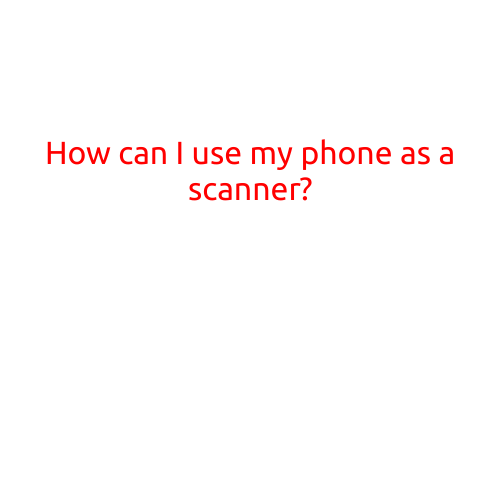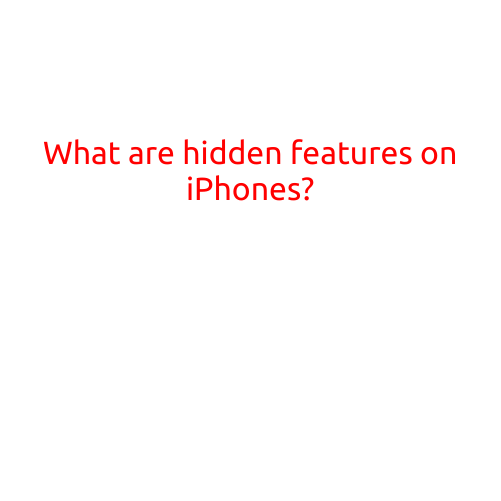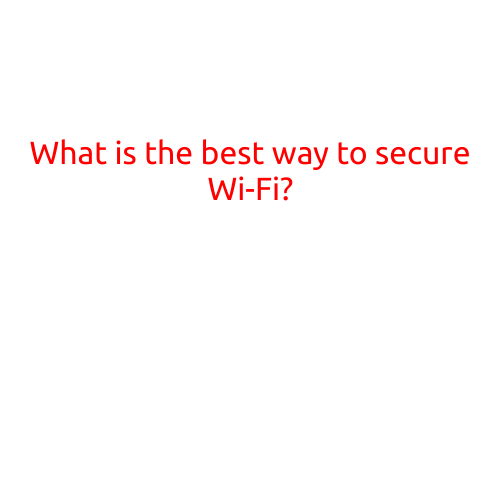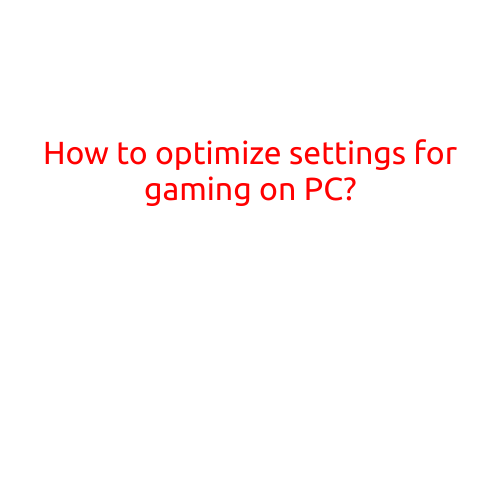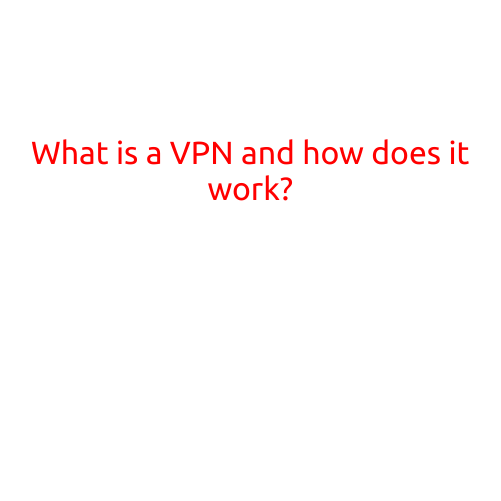
What is a VPN and how does it work?
In today’s digital age, online security and privacy have become major concerns. With the increasing number of cyberattacks and data breaches, it’s essential to take measures to protect your personal data and online activities. One of the most effective ways to do this is by using a Virtual Private Network (VPN). But what is a VPN, and how does it work?
What is a VPN?
A VPN is a private network that uses encryption and tunneling protocols to connect multiple devices to the internet. When you connect to a VPN, your internet traffic is routed through a VPN server, which encrypts and disguises your IP address. This creates a secure and private connection between your device and the internet.
How does a VPN work?
Here’s a step-by-step explanation of how a VPN works:
- You connect to a VPN: You download and install a VPN client on your device or use a VPN-enabled router. You then select a VPN server location and connect to it.
- Your data is encrypted: When you connect to the VPN, your internet traffic is encrypted using a cryptographic protocol such as AES (Advanced Encryption Standard).
- Data is routed through the VPN server: Your encrypted data is transmitted to the VPN server, which is located in a different geographical location.
- The VPN server decrypts and routes your data: The VPN server decrypts your data and routes it to its destination on the internet.
- Your data is masked: Since your data is being transmitted through a VPN server, your IP address is masked by the VPN server’s IP address. This makes it difficult for third-party trackers and hackers to identify your location and track your online activities.
- You access the internet: Once your data is routed to the destination, you can access the internet as usual.
Benefits of using a VPN
Using a VPN offers several benefits, including:
- Privacy and anonymity: Your online activities are protected from being tracked or monitored by your internet service provider, governments, or hackers.
- Security: Your data is encrypted, making it difficult for hackers to intercept and access your sensitive information.
- Censorship circumvention: VPNs can help you access geo-restricted content by masking your IP address and allowing you to appear as if you’re accessing the content from a different location.
- Faster and more stable connections: VPNs can help improve your internet connection speed and stability by routing your traffic through a more efficient network.
How to choose a VPN
When choosing a VPN, consider the following factors:
- Security features: Look for a VPN that offers strong encryption, a no-logs policy, and a kill switch.
- Server locations: Choose a VPN with servers in multiple locations around the world to access geo-restricted content.
- Speed and reliability: Opt for a VPN that offers fast and stable connections.
- User interface and customer support: Select a VPN with a user-friendly interface and good customer support.
Conclusion
In conclusion, a VPN is a powerful tool that can help protect your online privacy and security. By understanding how a VPN works and choosing a reliable VPN provider, you can enjoy the benefits of a secure and private online experience. Whether you’re a frequent traveler, a busy professional, or a concerned citizen, using a VPN can provide peace of mind and help you stay safe online.
